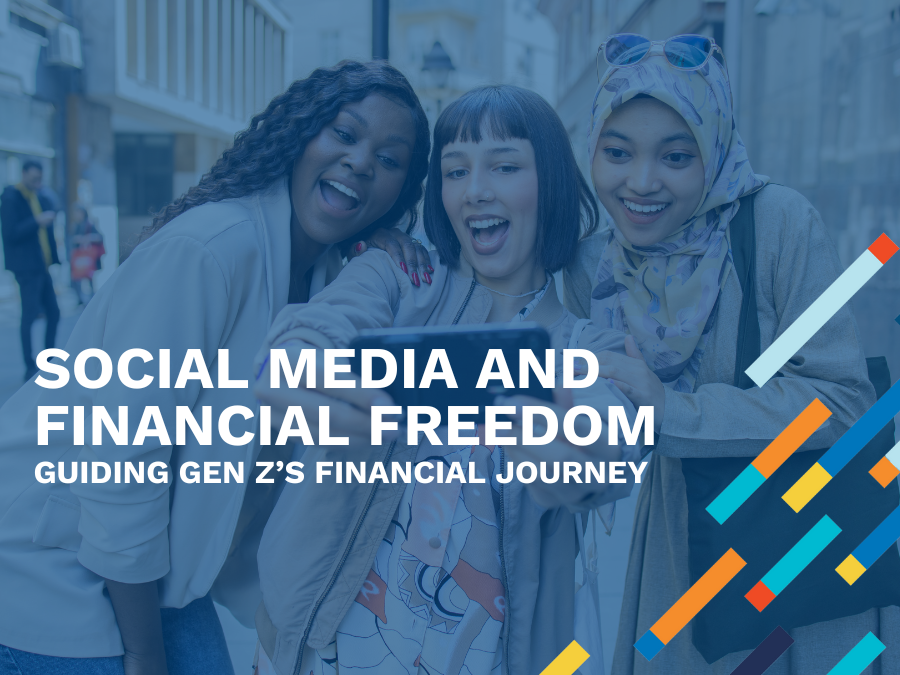Online "Get Rich Quick" Schemes and Early Retirement Dreams Fuel Mental Health Concerns

A recent social media post by "terminally onλine εngineer" has sparked discussion regarding the pervasive influence of online financial advice and its potential psychological toll. The tweet highlighted the widespread promotion of "get rich quickly schemes" and the aspiration for "financial freedom by age 30," observing that "the access to all the information and the continuous grifting accounts promoting get rich quickly schemes has fried everyone’s brain." The author added, "“financial freedom by age 30” sounds great but you shouldn’t become a hollow husk with brain rot either.
The digital landscape is rife with "get rich quick" schemes, often appearing on social media platforms, promising substantial financial gains with minimal effort. These schemes, which can range from multi-level marketing to speculative cryptocurrency ventures, frequently lure individuals with unrealistic promises, leading to significant financial losses and emotional distress for many. Experts warn that such opportunities prey on human vulnerabilities, particularly in economically uncertain times, making it difficult for individuals to discern legitimate wealth-building strategies from fraudulent ones.
The aspiration for "financial freedom by age 30" aligns with elements of the Financial Independence, Retire Early (FIRE) movement, which advocates for aggressive saving and investment to achieve early retirement. While the FIRE movement emphasizes discipline and long-term planning, its social media portrayal can sometimes blur with "get rich quick" narratives, creating a perception that such a goal is easily attainable without substantial sacrifice or high income. Critics note that achieving FIRE typically demands extreme frugality and often a high-earning career, making it less accessible for many.
However, the constant exposure to such content, coupled with the pressure to achieve rapid financial success, is increasingly linked to negative mental health outcomes. Excessive screen time and engagement with online financial narratives can lead to increased anxiety, depression, and a "fear of missing out" (FOMO). Psychologists and mental health experts note that the continuous comparison with idealized online lifestyles and financial achievements can erode self-esteem and contribute to financial stress, impacting overall well-being.
The tweet's reference to "grifting accounts" points to the growing concern surrounding financial influencers ("finfluencers") on social media. While some provide valuable insights, many promote products or strategies without adequate disclosure, sometimes disseminating misinformation or fostering deceptive consumption practices. This lack of transparency can lead followers to make poor financial decisions and contribute to a culture where unrealistic expectations of wealth accumulation are normalized, further exacerbating the mental health burden on individuals navigating the digital financial sphere.